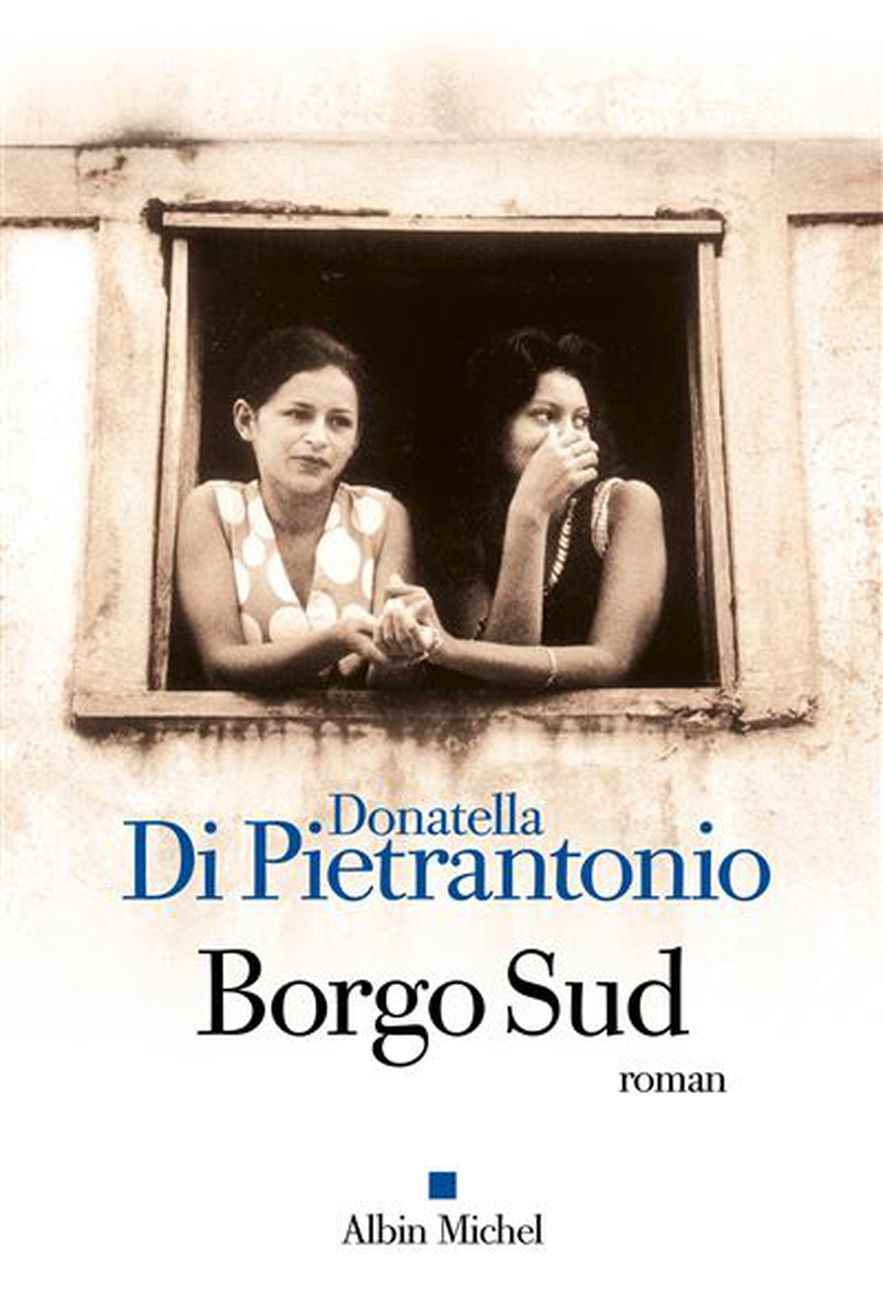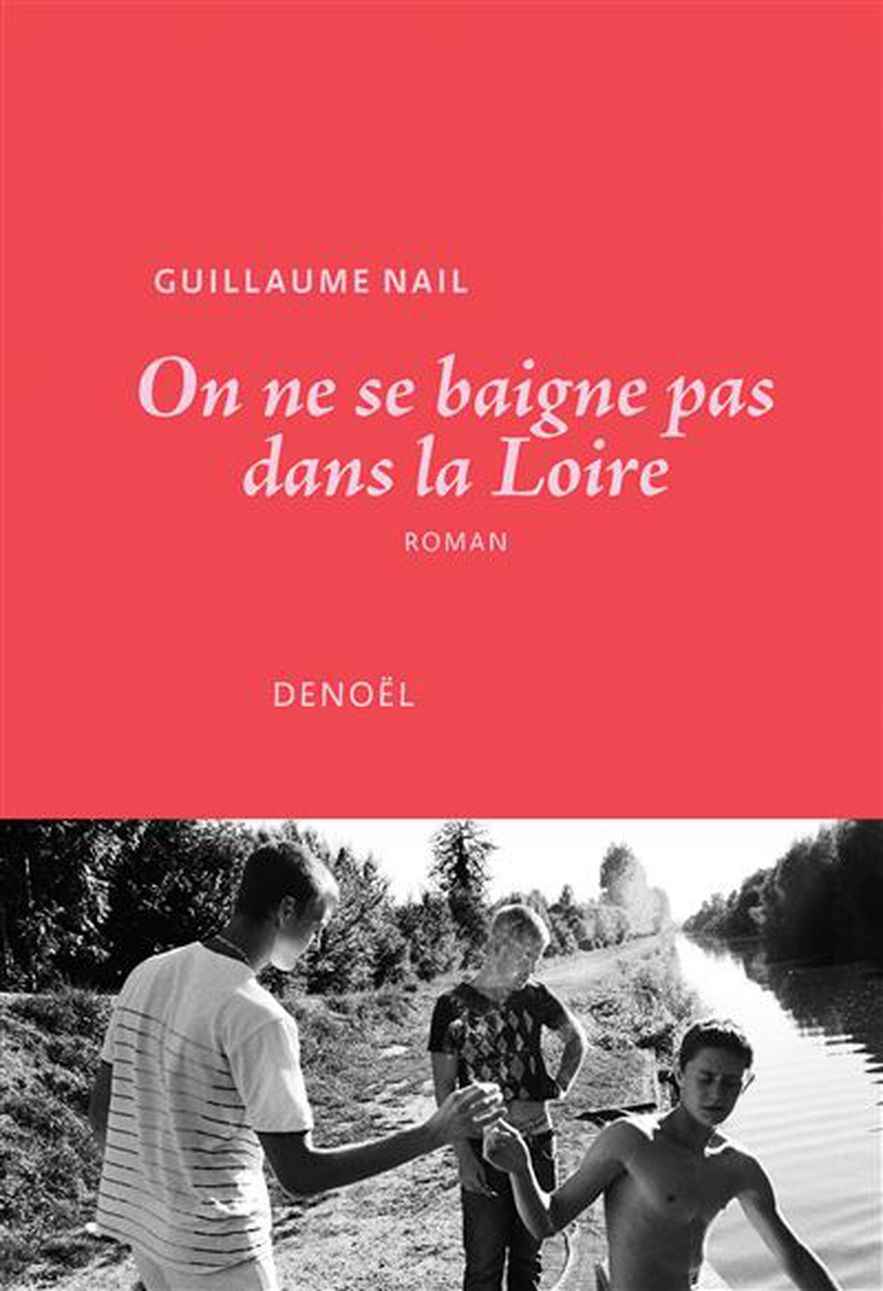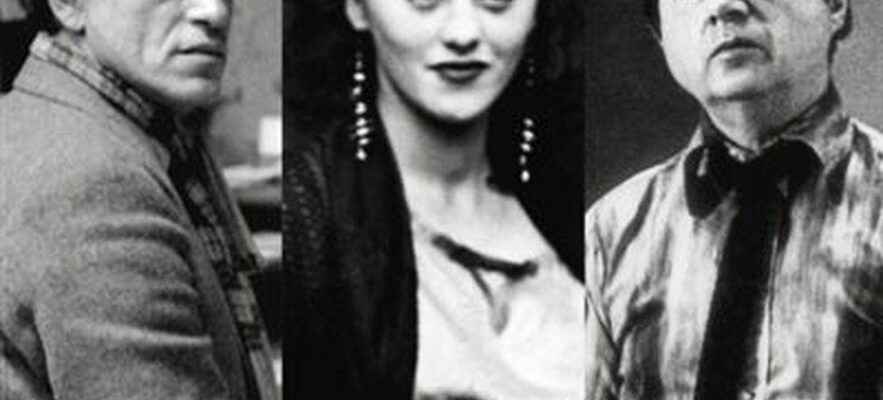Trio of the Ardent
By Patrick Grainville.
Threshold, 344 p., €21.50.
The rating of L’Express: 3/5
Trio of Ardents, by Patrick Grainville (Seuil)
© / Threshold
Can we imagine more dissimilar artists? On one side, Francis Bacon, an Irish “apocalyptic dandy” with deformed and convulsed characters, whose painting evokes a cry of horror. On the other, Alberto Giacometti, a stubborn Swiss, sculptor of slender and refined silhouettes. Their common point? Their affair with Isabel Rawsthorne, a superb brunette with almond eyes and “cheekbones of a steppe rider”. After looking at the duo formed by Claude Monet and Gustave Courbet (cliff of fools, 2018), then by Pablo Picasso and Nicolas de Staël (Milo’s Eyes, 2021), Patrick Grainville devotes his new novel to this “ardent trio”. Lobster tasting in Soho, riot for an opening in the Latin Quarter, erotic trip to the slums of Tangier, banter on being and nothingness with Sartre and Beauvoir in a nightclub… Between reality and fiction, the academician brings life back to a brilliant little world threatened by disenchantment, where Picasso, Beckett, Leiris, Marlène Dietrich and even Christine Keeler rub shoulders. Against the backdrop of the vicissitudes of a 20th century punctuated with horrors, from Nazism to the Vietnam War via Maoism.
A tribute to two giants of figurative art, the story also draws from oblivion the work of Isabel Rawsthorne, who was not only a muse and a model but also a painter in her own right. With this Trio of the Ardent, the Prix Goncourt 1976 signs a confusing novel, full of devouring animals, virile copulations and hallucinated canvases. Like a long variation, both shocking and voluptuous, on the affinity of artistic creation and carnal desire. Samuel Dufay
South Borgo
By Donatella Di Pietrantonio, trans. from Italian by Laura Brignon.
Albin Michel, 256 pages, €20.90.
The rating of L’Express: 3/5

Borgo Sud, by Donatella Di Pietrantonio (Albin Michel)
© / Albin Michael
Can one be a dentist and (a good) writer? Yes, certain. The answer comes to us from the other side of the Alps where Doctor Donatella Di Pietrantonio, 60, the only daughter of modest parents, has managed to establish herself in the Italian literary landscape in the space of four novels, including Revenue, crowned with the Super Campiello prize in 2017 and great public success. If Elena Ferrante plants her “prodigious friends” in Naples, Donatella, she walks her hair-raising heroines on the side of Abruzzo, her native region, bathed by the Adriatic. But it is the same world, of unfailing friendships and immeasurable roughness, of social transgressions and family imbroglios, which she describes in a way that is as incisive as it is empathetic.
The narrator (never named), who fled her country to teach Italian literature at the University of Grenoble, must urgently return to Pescara. Her mind wanders… She remembers her marriage to Piero, the high-society dentist, as the impromptu arrival at the couple’s apartment of her youngest, Adriana, with a 9-month-old child under her arm. Adriana 27, battered, eruptive, full of a disorderly life, companion of Rafael, an indebted fisherman from the Borgo Sud district: “I was always afraid for her, so nomadic, so reckless”, says “the nerd “, who only joined his poor village and his family – large siblings, unloving parents – at the age of 13. Unconditional sisterly love, male betrayals, complex maternal feelings… South Borgo plunges us happily into the turbulent ocean of human feelings. Marianne Payot
We do not swim in the Loire
By Guillaume Nail.
Denoel, 155 pages, €16.
The rating of L’Express: 3/5

We do not bathe in the Loire, by Guillaume Nail (Denoël)
© / Of Christmas
Inspired by drama of Juigné-sur-Loire, during which 19 children drowned in the summer of 1969, Guillaume Nail signs a dive in brackish water. In this thriller, effectively scripted, which embraces the last moments of a summer camp, five voices mingle, digging into the setting and the springs of an announced tragedy. There is Pierre, eternal whipping boy; Gus, the pack leader with suicidal impulses, devoured by anger; Totof, free electron and solitary observer behind the scenes; Pauline, the instructor, fragile and enslaved. And the director, Benoît, a disturbing “olfactory fetishist”, who collects the clothes of young people to get drunk on the scent of their tangled flesh. Each tries to float in a life in decline, ruined by a violence with many faces, their solitudes colliding with each other without ever managing to secure each other. All oscillate on a tightrope, so tight that each page suggests a possible skid.
It is obviously from the Loire, a character in its own right, deceitful and sumptuous, that the disaster will finally come. With this first “adult” novel, Guillaume Nail, a talented children’s author to whom we owe the delicate Your absence (Rouergue), continues to survey the twists and turns of adolescence. The cruelty and ambivalence of a period dissected here with inventiveness. Magnificent, the language of the author unfolds through a poetic and plastic writing – sometimes undulating, sometimes snapping – which draws a feverish ode to youth with relentlessly deadly accents. Pauline Leduc
